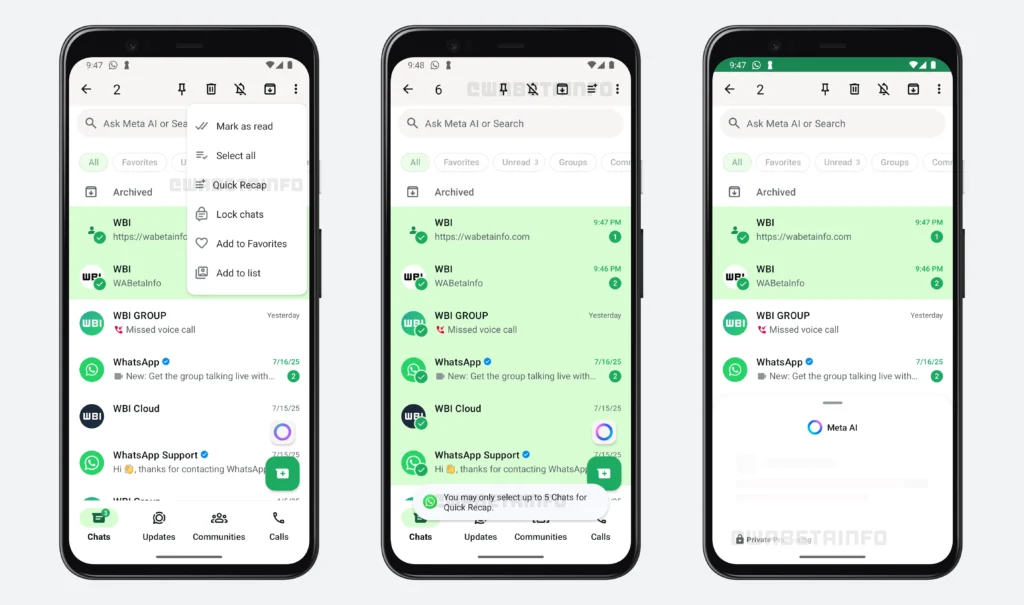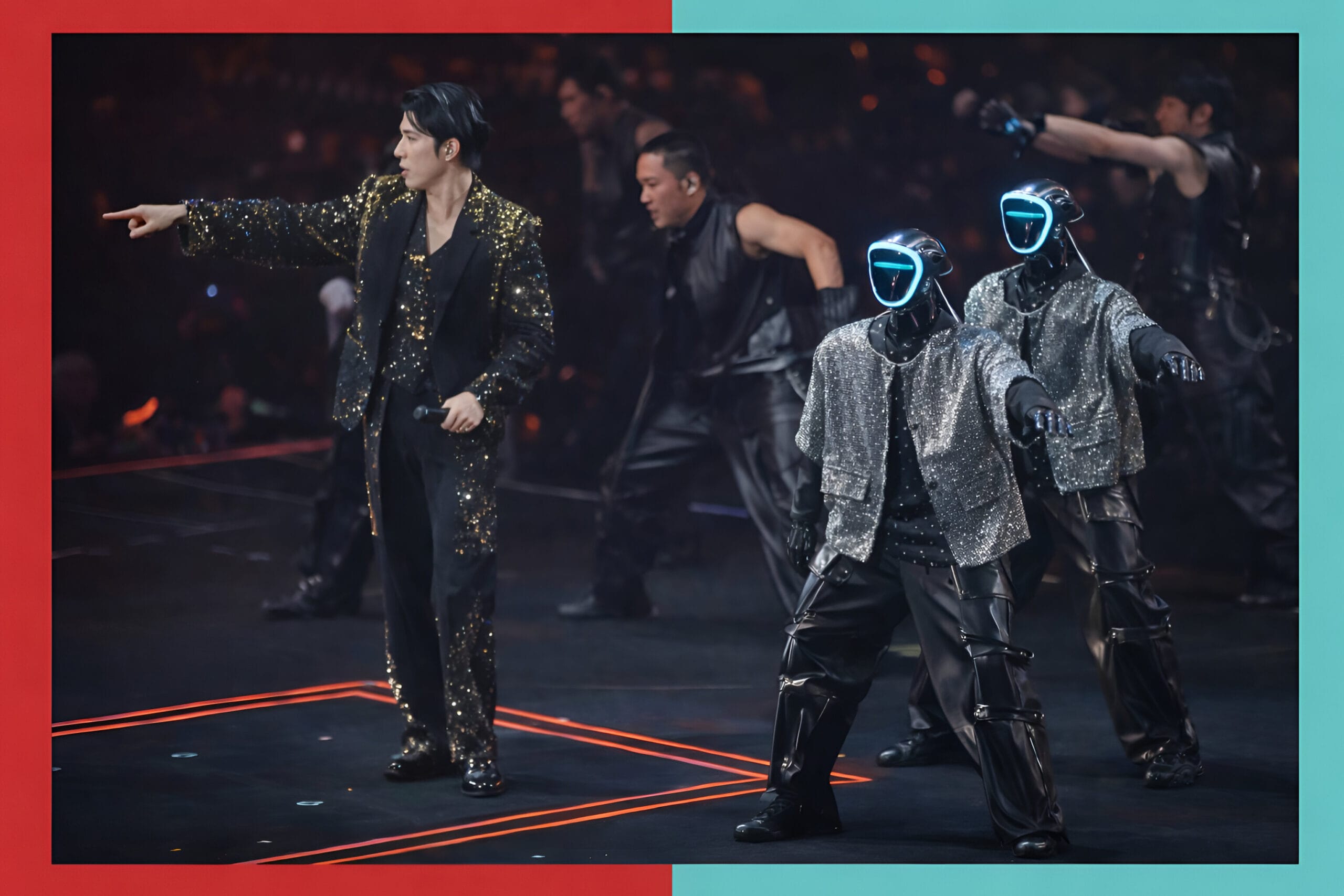WhatsApp is working on a new feature called Quick Recap, an extension of its recently introduced “Message Summaries” feature. While the latter only allows summarizing messages in a single chat, Quick Recap goes further letting users generate summaries across up to five different conversations simultaneously.
As first spotted by WABetaInfo in Android beta version 2.25.21.12, this feature is still under development and hasn’t rolled out yet, even for beta testers. But here’s the kicker: it uses Meta’s Private Processing tech the same system that supposedly enables AI-powered summarization without compromising end-to-end encryption. That means Meta’s AI will be reading your messages… without technically reading your messages.

Let’s be real: this sounds like a PR-friendly way of saying, “We’re scanning your private conversations, but it’s cool it’s encrypted!” According to Meta, no one, not even the company itself, can access your original or summarized messages. But when AI is parsing encrypted content to produce summaries, the line between privacy and convenience starts to blur.From a functionality standpoint, sure Quick Recap sounds helpful. We’re all drowning in WhatsApp groups, and a quick digest across chats could save time. But this raises the age-old tech question: at what cost? Even if it’s opt-in (and it is), how long until this becomes the default? Worse yet, will users even realize what they’re consenting to?

Notably, WhatsApp says this feature won’t work on chats protected by “Advanced Chat Privacy,” which could be a relief for users concerned about sensitive data. But if Meta has found a way to perform summarization without decrypting the messages, one has to wonder what kind of AI magic is powering this? And how transparent will Meta be about it?
Here’s my take: AI summarization tools like Quick Recap could be a productivity game changer, but they also normalize surveillance-flavored convenience. Meta might frame it as “encrypted AI,” but the reality is your conversations are now being interpreted by a machine, whether you asked it to or not. Now at least, they’ll have the justification: “We already read your messages now you asked us to.”




